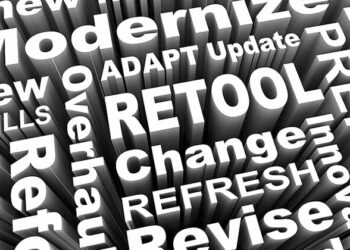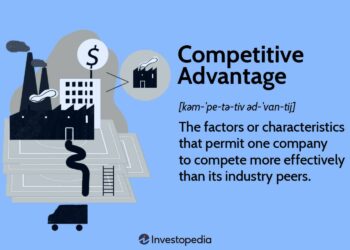In an era dominated by rapid technological advancements, the integration of artificial intelligence (AI) into the workplace has become an inevitable reality.
Among more than 56,000 workers across 50 countries and territories, many say they are prioritising long-term skills growth to accelerate their careers amid rising workloads and heightened workplace uncertainty, according to PwC’s 2024 Global Workforce Hopes & Fears Survey, published today.
In the last 12 months, workers say they have experienced rising workloads (45 per cent) and an accelerating pace of workplace change. Nearly two-thirds (62 per cent) say they have experienced more change at work in the past year than the 12 months prior, with two-fifths (40 per cent) noting their daily responsibilities have changed to a large or very large extent. Almost half (44 per cent) do not understand the purpose of changes taking place.
In the midst of this growing mix of employee pressures, the findings suggest workers are alert to opportunities elsewhere, and are highly focused on skills growth and embracing AI.
More than one-quarter (28 per cent) say they are likely to switch employers in the next 12 months, a percentage far higher than during the ‘Great Resignation’ (19 per cent) of 2022. Two-thirds (67 per cent) of those considering moving say skills is an important factor in their decision to stay with their current employer or switch to a new one.
Global Markets and Tax & Legal Services (TLS) Leader, PwC UK, Carol Stubbings said, “as workers face heightened uncertainty, rising workloads and continue to face financial stress, they are prioritising skills growth and embracing new and emerging technologies such as GenAI to turbocharge their growth and accelerate their careers.
“The findings suggest that job satisfaction is no longer enough. Employees are placing an increased premium on skills growth in a climate characterised by constant technological change. Employers must ensure they are investing in their employees and technological platforms to mitigate employee pressures and retain the brightest talent.”
Partner and Workforce Transformation Leader, PwC West Market Area, Olusola Adewole said, “Technology is fundamentally transforming the way work gets done and the types of skills employers are looking for. Employees are therefore placing an increased premium on organisations that invest in their skills growth so that they can stay relevant and thrive in a digital world.
“Businesses in turn must be proactive in their upskilling programs – prioritising the employee experience and being transparent. Because when you meaningfully engage your workforce, they become catalysts for successful transformation.”
The Rise Of Artificial Intelligence In The Workplace:
Artificial intelligence has evolved from a futuristic concept to a practical, everyday tool in various industries. From automating mundane tasks to enabling complex decision-making processes, AI has proven its value in enhancing efficiency and productivity. In the workplace, AI systems can analyse vast datasets, predict trends, and even perform certain cognitive tasks traditionally reserved for human workers.
The Fear Of Job Displacement: One of the primary reasons for resistance to AI adoption in the workplace is the fear of job displacement. However, history has shown that technological advancements often lead to the creation of new roles and opportunities. Rather than replacing humans, AI has the potential to augment their capabilities and allow them to focus on tasks that require emotional intelligence, creativity, and critical thinking.
The Evolution of Job Roles: As AI takes on routine and repetitive tasks, the nature of job roles is evolving. Employees who embrace AI as a tool to enhance their work are better positioned to adapt to these changes.
Enhanced Productivity and Efficiency: One of the undeniable advantages of AI in the workplace is the significant boost in productivity and efficiency.
Collaboration Between Humans And AI: The future of the workplace is not about humans versus machines but rather about collaboration between the two. AI is a tool that can amplify human capabilities, enabling workers to achieve more than ever before.
The Role Of Continuous Learning: As AI continues to evolve, the need for continuous learning becomes more pronounced. Workers who commit to ongoing education and skill development are better equipped to navigate the changing landscape of the workplace.
Meanwhile, the rise of AI in the workplace is not a threat but an opportunity for human augmentation. Workers who embrace AI technologies and actively contribute to their integration will play a pivotal role in shaping the future of work.















